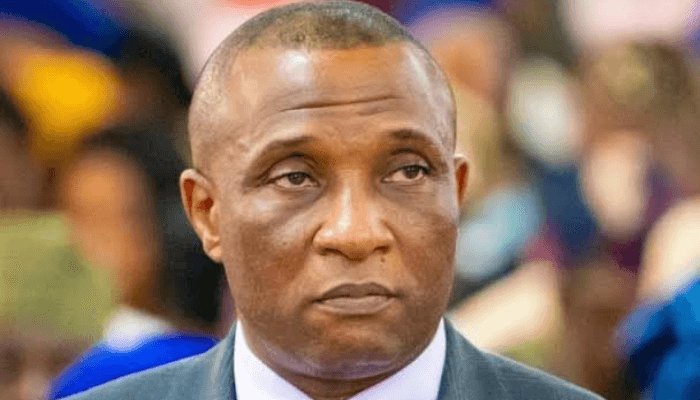By Raymond Akorede
The Federal Competition and Consumer Protection Commission (FCCPC) has directed the Ibadan Electricity Distribution Company (IBEDC) to refund customers who have spent their personal or community funds on transformers, electric poles, and other infrastructure meant to be provided by the utility company.
This directive was issued during the FCCPC Electricity Consumer Forum held in Ota, Ogun State. Speaking on behalf of the FCCPC’s Chief Executive Officer and Executive Vice-Chairman, Babatunde Irukera, was Bridget Etim, a senior official at the commission.
“Consumers must be refunded for their investments in transformers and network infrastructure,” Etim stated. “There is no requirement to inform the Nigerian Electricity Regulatory Commission (NERC) before a refund is made. Neither the consumer nor the DisCo needs to wait for that.”
The FCCPC made it clear that the burden lies with electricity distribution companies to escalate any such community investments to NERC and ensure proper accountability.
“We are not going to accept the excuse that NERC must approve a refund first,” she added. “IBEDC has been informed before that for every subsequent investment in network areas by consumers, refunds must follow. The responsibility lies with the DisCo to report it to the regulator.”
Etim pointed to precedents where other distribution companies have already compensated communities without formal notification to the regulators.
“Let me inform IBEDC that Jos DisCo refunded a community for network investments without informing NERC or FCCPC. We expect IBEDC to follow that example. It’s time for a change,” she said, urging communities to notify the FCCPC whenever they are compelled to fund electricity infrastructure, so the commission can intervene and ensure justice.
During the forum, community leaders expressed deep frustration over the service delivery gaps in IBEDC’s operations. Olatunji Onaolapo, chairman of the Ado-Odo/Ota Zonal Community Development Council (CDC), condemned the utility company for neglecting its duties.
“In Itele-Ota alone, our people have purchased more than 80 transformers,” Onaolapo lamented. “IBEDC didn’t provide a single one. We pay for energisation, and even have to beg them to come and install what they’re responsible for.”
Responding to the allegations, Abdulrasaq Jimoh, IBEDC’s representative in Ogun State, argued that the communities acted independently without involving the distribution company.
“These communities went ahead to purchase transformers without informing us or NERC,” Jimoh said. “There is a process, and it must be followed. Communities should communicate their intentions before making such investments.”
The FCCPC, however, maintained that such procedural concerns should not serve as barriers to consumer redress. The Commission reiterated its commitment to protecting consumer rights and called for greater cooperation between electricity providers and the communities they serve.




